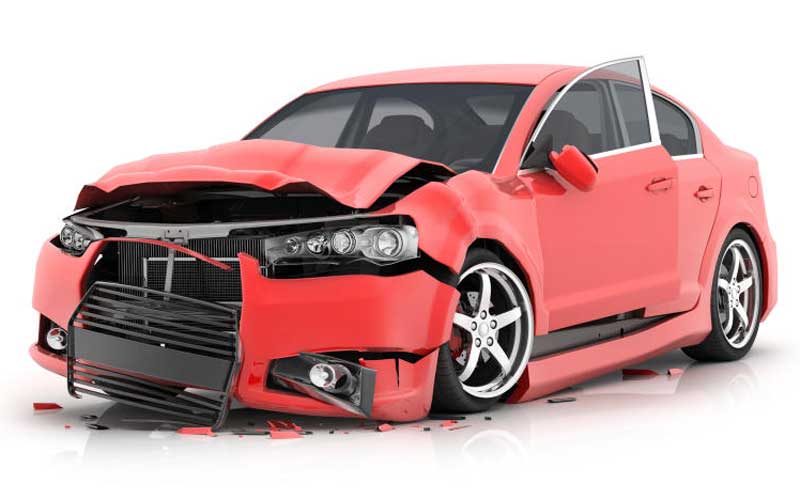×
The Standard e-Paper
Kenya’s Boldest Voice

A new trend is emerging in Nairobi and other major towns where newly imported vehicles are being sold for as little as Sh80,000.
Some crafty dealers scramble for cars written off after road accidents to the extent of bribing agents selling the damaged cars.